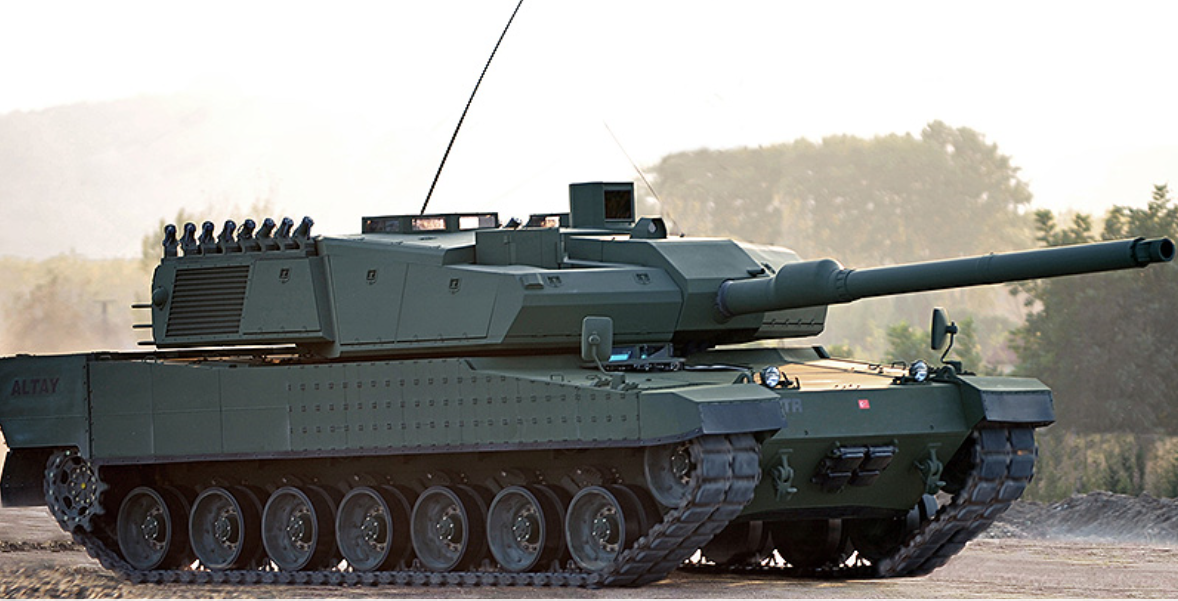2509Views 8Comments

The U.S. will withhold $300 million in CSF funding to Pakistan
With U.S. Secretary of Defense Ash Carter being unable to certify Pakistan’s commitment against the so-called Haqqani network to Congress, the U.S. has decided to withhold $300 million in Coalition Support Funding (CSF) to Pakistan (Reuters).
Speaking to the media, Pentagon spokesman Adam Stump said, “The funds could not be released to the Government of Pakistan at this time because the Secretary has not yet certified that Pakistan has taken sufficient action against the Haqqani network.”
CSF is a U.S. Department of Defense mechanism meant to support allies engaged in counter-terrorism and counterinsurgency (COIN) operations, mainly through reimbursements of incurred costs. Pakistan has been a CSF recipient since 2002, receiving $14 billion U.S.
Comment and Analysis
It is unclear to what extent Washington’s decision will impact Pakistan’s counterinsurgency efforts in the Federally Administered Tribal Areas (FATA), especially in the short-term. There is no overt indication that Zarb-e-Azb will wind down or shift in response to the lack of CSF support. In fact, there has been a strong effort on the part of the Pakistani government to have the nation view the armed forces’ operations in FATA as a matter owned by the Pakistani people, not the U.S.
When it initiated Zarb-e-Azb, the Pakistan Army leadership was adamant in claiming that the operation was wide-reaching, i.e. it did not differentiate between the various Taliban factions residing within North Waziristan. This refusal basically delegitimizes that claim, and will be viewed (in public opinion) as a slight against the subsequent human and material losses accrued as a result of Zarb-e-Azb.
If viewed in the context of Congress’ refusal to release Foreign Military Financing (FMF) support for the Pakistan Air Force (PAF)’s F-16C/D purchase (now defunct), the CSF decision will be viewed by some circles in Pakistan as a deliberate push on Washington’s part to underrate Pakistan’s defence needs.
To what extent this sharpened skepticism (towards Washington) will factor into the decisions of Pakistan’s political and security leadership remains to be seen. There have been contentious moments in the past, e.g. the Abbottabad raid against Osama bin Laden, Raymond Davis incident and NATO’s attack on the Salala check-post in 2011 (and 400+ prior and subsequent drone strikes on Pakistani territory).
In terms of defence procurements, it is likely that the current environment will ultimately steer Pakistan away from seeking military equipment from the U.S., at least directly. For example, if the request for even surplus or excess defence article F-16s were to draw in Congress, Pakistan will simply avoid the avenue entirely. This does not preclude Pakistan from seeking U.S. technology through intermediary routes, e.g. American subcomponents found on non U.S. equipment, or surplus U.S. military equipment from third-party operators (the approval of which would not necessarily require Congress).
Finally, Washington’s refusal to withhold aid or reimbursements is not a new occurrence. It is plausible that a smaller portion of the funding (or its entirety, but with tighter strings) could be released in the near future. Military aid and big-ticket items are still Washington’s key foreign policy tools in preserving its long-term influence in Pakistan’s security leadership.



8 Comments
by Sam
Blessing in disguise! No money no influence
by HINDOL BANDYOPADHYAY
Good decetion .
All fund will use against India .
by Muhammad Atif Sheikh
lesser the aid, less is the U.S influence in the region.
by Mazhar
Good decision, it will keep us out of Yankee carrot and stick game. We should stop playing roles of “Dus hazaris and Punj Hazaris”. I am sick of US FMA funds. Just like in 90s, their sanctions lead us to acquire missile technology and JF-17, this time it will lead us towards self reliance in defense production, which Pakistan will InshAllah get and already heading towards it gradually. I really don’t care about Indians who post their malicious posts here, good luck with their nightmares about Pakistan.
by Sami Shahid
Pakistan Army can earn $300m on its own…no need to worry
by MT
china did sell some old missile technology to pakistan for jet vanes missile but jf17 is barely any pakistani product
by Mazhar
For MT—Look who is talking. Pal, Indian Armed forces have 98% Russian hardware, not Indian indigenous. So as your Tejas, engines are from USA, EW suites and radars from Europe+ Isreal+Russia. I don’t understand why you indians take it your patriotic duty to always speak against Pak. German nation is the pioneer of all military tactics and technologies, specially air force e.g ME262, a rocket powered aricraft. Missile technology was operational with V1 and V2 rockets and your new found lover USA, captured Wernher Von Braun, a 25 years old head of German V1 programm, from Pina Munda Germany and shipped all hardware/software to Princeton, NJ. USA’s all ICBMS are made by this German This German Rocket Scientist helped NASA to land on Moon with power full rockets he made for them. So why our JF-17 is giving you cramps?
by Syed Bushra
Pakistan will lose a lot more than $300 million, economically, if TTA points their guns towards us.
US Army is in Afghanistan for a vacation and they will eventually leave. If US elites and Arm Chair Generals in Congress want to wage a crusade, they should do so at the cost of their own blood. Not ours. Pakistan doesn’t need to create any more enemies in the neighbourhood.